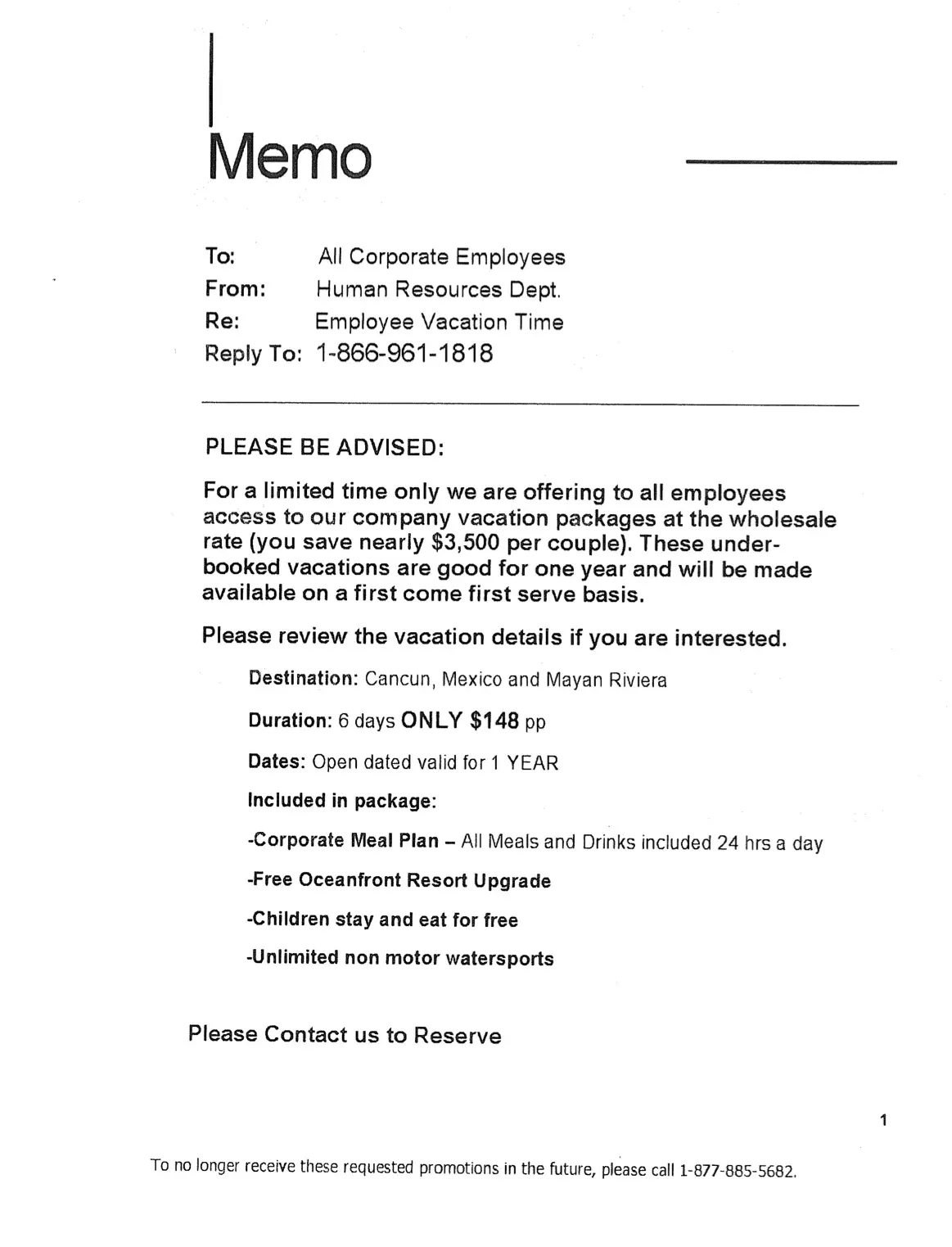Technically, the check scam Pamela Kelley fell for is a business-to-business issue. But it’s so awful, and has so many applications in the real world, that I had to write something about it — and perhaps even advocate her case.
This site almost never gets involved in business-to-business disputes. We don’t have the resources to start handling late invoices and debit memos. It’s not that my advocacy team doesn’t want to; it’s that we already have a full plate.
Kelley’s case is a little different. She wrote a check to someone impersonating a client, had her case passed around the bank “like a soccer ball” and is now looking at a loss of $6,990. Even if I can’t help her, this case is a reminder to make sure you’re sending the money to the right person.
She collected the rent, and then …
Kelley is a property manager who manages furnished rentals. She collects rents from tenants and deposits the rents into her business account on or before the 5th of each month. She also disburses funds to her clients before the 5th of each month. She’s been doing it like this for the last nine years.
“On March 5, I received several emails to my business email from someone posing as a client,” she explains. “At the time of the communications, I failed to realize that the emails were coming from a different email address than my client normally emails from. I also did not call him to confirm because he lives in Switzerland and I was not aware that the emails were not his.”
The scammer instructed her to deposit the rent proceeds for March into another account.
“I did exactly as I was instructed,” she says.
When she tried to make the deposit, a branch manager at her bank stopped her. The name on the check needed to match the name on the account, which of course was different.
“The branch manager instructed me to cross out my client’s name and change the name to the person whose account it was being deposited to,” she says.
“Where’s my money?”
Kelley said she didn’t think twice about what she was doing and simply followed the instructions. She crossed out her client’s name and handed the $6,990 check to the teller.
“On March 7, I received an email from my client, asking where the deposit was,” she says. “He also called me after I sent him the email stream from the person posing as him. We were both absolutely dumbfounded about this entire situation. To this day we remain uncertain of whose email account was actually hacked.” (Related: Which one’s the scam? Work from home vs. the automatic tip calculator.)
Because Kelley is liable to her client as a licensed real estate broker, she had to cover the $6,990.
Then she asked her bank, Wells Fargo, for help.
“I have also gone back into the branch and spoke to the branch manager,” she says. “He said he would call the fraud department and ask them to ‘reopen’ the case. This was on March 15, and I have heard nothing from him.”
A few days later, she called the fraud department again. A representative told her the case had been closed.
“Wells Fargo has a duty to protect their customers from this type of activity and to-date, absolutely nothing has been done to help me,” she says. “I would appreciate your time and consideration to help resolve this matter. I am a small business and this amount of money is something I do not have lying around.”
Should I take this case?
This site is focused on solving consumer problems. Kelley’s problem with Wells Fargo isn’t a consumer problem. And yet, it could happen to anyone — consumer or business. For that reason, I’m considering an exception to our “no business cases” rule. (Here’s how to fix your own consumer problems.)
Also, Wells Fargo has the name of the scammer and needs to hand that person over to the police. If my involvement can help, then why shouldn’t I try?
Even if you vote “no,” I think her case is filled with valuable lessons. Kelley believes someone hacked into her email or her client’s email and then figured out the best time to perpetrate this clever check scam. So what lessons does this check scam hold?
- Always make sure you’re sending money to the person you think you are.
- Don’t change the name on a check even if a bank teller tells you.
- If you have any doubts about a check you’ve written, call your bank immediately to cancel it.
Kelley’s next step is to file a police report. My next step? You get to decide that.




